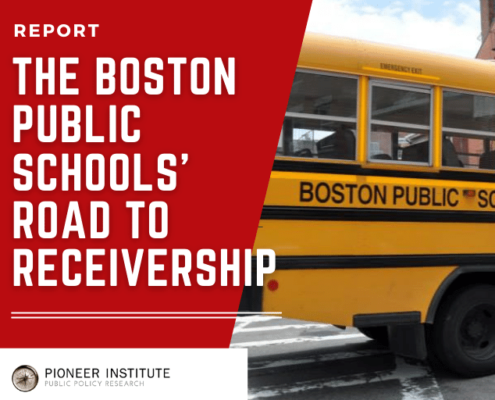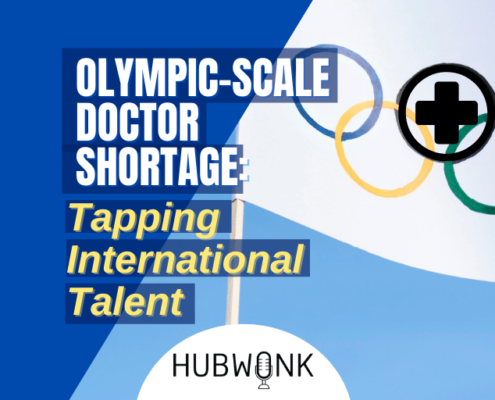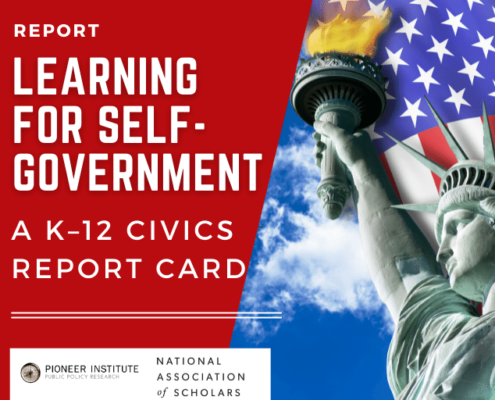Happy New Year from Pioneer Institute
/0 Comments/in Featured /by Editorial Staff Share on Facebook
Share on Twitter
Share on
LinkedIn
+
We hope you are taking time to celebrate and find peace during this season. Thank you for your support for Pioneer, which has helped us stay focused on steering the state’s debate on the pandemic response, and making progress on our key policy objectives. Here’s to a great 2021 for Massachusetts and the country.
Recent Posts

Rent Control Redux: Mayor’s Committee Likely to Provide Astroturf Over Expertise
Hubwonk host Joe Selvaggi talks with Doug Quatrocchi, executive director of Masslandlords.net about the historical effects of rent control in Boston and Cambridge in the past and discuss the gap between the stated goals and the likely outcome of Boston Mayor Wu’s 25 member Rent Stabilization Advisory Committee.

Massachusetts Hospitals Pull Back on Charity Care as Revenue from Federal 340B Drug Discount Program Explodes
Over the past decade, the revenue for hospitals generated by the federal 340B drug discount program, initially intended to serve low-income, uninsured populations, has exploded even while a number of important Massachusetts hospitals have reduced the level of charity care they provide, according to a new study published by Pioneer Institute. The Pioneer Institute study, “340B Drug Discounts: An Increasingly Dysfunctional Program,” notes that nationwide, 340B drug sales rose from $9 billion in 2014 to $38 billion in 2020.

UK’s Charles Moore on Lady Margaret Thatcher & Cold War Leadership
This week on “The Learning Curve," co-hosts Cara Candal and Gerard Robinson talk with Charles Moore, a columnist for The Daily Telegraph and The Spectator, and the authorized, three-volume biographer of Lady Margaret Thatcher. Lord Moore explains why Lady Thatcher is considered the most important female political figure of the 20th century, and reviews the challenges she faced at home and abroad.

Ich Bin Ukrainer: European Nation Existential Fight Against Aggression
Hubwonk host Joe Selvaggi talks with former CEO of Kyiv Post and senior fellow at the Institute for the Study of War Nataliya Bugayova about her research on the rise of Vladimir Putin and how it can inform understanding of the Russian invasion, particularly when viewed through the eyes of Ukrainians.

Study: Legislature Likely to Reduce Spending on Education and Transportation from Other Revenue Sources, Replace Cuts with Surtax Money
Revenue from a ballot initiative to amend the state Constitution and raise income taxes on households and businesses by adopting a graduated income tax structure would supposedly provide resources for transportation and public education, but a new study published by Pioneer Institute finds that, were the tax amendment to pass, the money would be fungible and much of it likely spent on general budget measures.

Civics Education is More Important than Ever
Rather than seeking to raise a generation of political activists and community organizers, civics programs should instill an informed love of our country based on the nation’s founding, how our system of government works, and what Americans have achieved – together with our many failings – since the nation was created.

EdChoice’s VP Leslie Hiner on Landmark SCOTUS Decisions for School Choice
This week on “The Learning Curve," co-hosts Cara Candal and Gerard Robinson talk with Leslie Hiner, Vice President of Legal Affairs and Director of Legal Defense & Education Center with EdChoice. They discuss the the landmark U.S. Supreme Court (SCOTUS) decision in Brown v. Board of Education, among the most important in the nation’s history, and how Brown’s call for racial access and equity in K-12 education has helped inform the work and advocacy of the school choice movement.

Successful Aging Support: Reimagining Effective and Affordable Long-Term Care Solutions
Hubwonk host Joe Selvaggi talks with Brookings Institution Senior Fellow and healthcare policy expert Stuart Butler about the challenge of building long-term care systems and institutions that will support Americans as they age, without depleting assets and bankrupting the social safety net.

Study Recommends State Receivership for Boston Public Schools
After 15 years of rapid decline marked by low overall performance, yawning achievement gaps, instability, bureaucratic inertia and central office ineffectiveness in the Boston Public Schools (BPS), the Commonwealth should initiate receivership of the district, according to a new study published by Pioneer Institute.

Linda Chavez on Hispanic Immigration, Assimilation, & Civic Education in America
This week on “The Learning Curve," co-host Cara Candal talks with Linda Chavez, a senior fellow at the National Immigration Forum and the author of Out of the Barrio: Toward a New Politics of Hispanic Assimilation.

Pandemic Dead Reckoning: Unseen Casualties of Public Health Interventions
Hubwonk host Host Joe Selvaggi talks with Pioneer Institute’s Senior Fellow Dr. Bill Smith about new evidence that during the past two years of the pandemic, there were as many unseen excess deaths from non-Covid-related diseases as seen from Covid. They discuss the need for public health leaders to pivot their messaging to address this hidden mortality.

New Pioneer Institute Law Center to Focus on Educational Opportunity, Economic Freedom, and Accountable Government
Pioneer Institute is pleased to announce the formation of PioneerLegal, the first non-profit, public interest law firm of its kind in New England, to defend and promote educational options, accountable government and economic opportunity across the Northeast.

ESPN Senior Writer Howard Bryant on Race in Boston & American Sports
This week on “The Learning Curve," co-host Gerard Robinson and guest co-host Kerry McDonald talk with Howard Bryant, a senior writer for ESPN and the author of nine books, including Full Dissidence: Notes From an Uneven Playing Field and The Heritage: Black Athletes, A Divided America, and the Politics of Patriotism.

Olympic-Scale Doctor Shortage: Tapping International Talent
Host Joe Selvaggi talks with Pioneer Institute's Senior Healthcare Policy Fellow Josh Archambault about the shortage of doctors in the U.S. and the potential for licensing reform to attract medical expertise from around the world to reduce future healthcare shortages and provide incentives for immigrating professionals to work in underserved communities.

Emory Uni. Prof. Mark Bauerlein on “The Dumbest Generation” & the Digital Age
This week on “The Learning Curve," co-host Cara Candal and guest co-host Prof. Robert Maranto talk with Dr. Mark Bauerlein, Senior Editor at First Things, Professor of English Emeritus at Emory University, and the author of The Dumbest Generation Grows Up. Dr. Bauerlein shares his views about the kinds of content American K-12 students should be reading for preparation for college and meaningful lives.

New Study Shows What Works for Civics Education
Americans strongly disagree about how our K-12 schools should teach our system of self-government. Dozens of organizations offer rival civics education resources and many of them don't work. A new study published jointly by Pioneer Institute and the National Association of Scholars offers in-depth evaluations of 15 leading civics programs, grades them on their effectiveness, and offers recommendations for how Americans should build upon these programs.

Transit Innovation Explored: A Bus As Fast As A Train?
Hubwonk host Joe Selvaggi talks with transportation expert Ian Ollis about the findings of his new research paper, "Bus Rapid Transit: Costs and Benefits of a Transit Alternative," which examines the benefits of building Bus Rapid Transit to serve communities looking for faster transit alternatives to a car.

Parent Advocate Virginia Walden Ford on Civil Rights, School Choice, & the D.C. Voucher Program
This week on “The Learning Curve," co-host Gerard Robinson and guest co-host Derrell Bradford talk with Virginia Walden Ford, education advocate and author of Voices, Choices, and Second Chances, and School Choice: A Legacy to Keep. She shares her experiences growing up and desegregating high schools in Little Rock, Arkansas in the mid-1960s, and the lessons she carried forward in her school choice advocacy in Washington, D.C.



